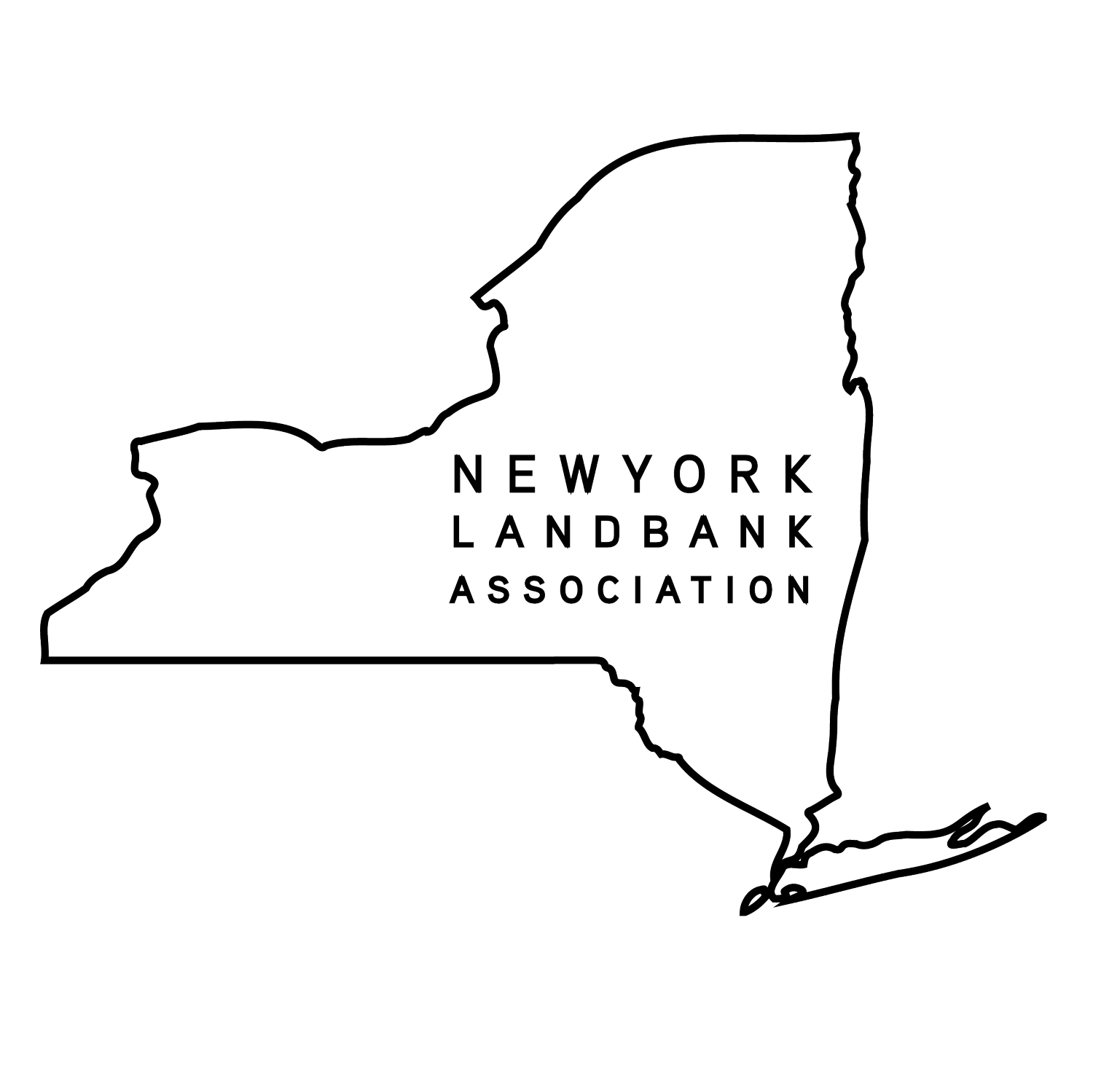How Vacant and Distressed Homes Can Help Meet the Demand For Entry-Level Housing
Addressing the current lack of entry-level inventory isn’t quite as simple as building more houses. The construction industry is still plagued with supply chain issues which have only been exacerbated by the pandemic. The cost of lumber, which increased to a peak of 150% during the pandemic, has decreased over the past few months, yet it remains higher than pre-COVID-19 levels. In addition, since profit is a leading motivation for developers, they are not often particularly attracted by the low margin of starter homes.
Identifying, optimizing and financing these vacant and distressed properties requires processes, understanding and partnership as well as better capacity and capabilities to manage the growing inventory and assure it remains affordable over the long term. Educating the industry on options will also drive sustainable homeownership. While individual homes benefit a singular family, a broader approach may help the nation. Freddie Mac and partners are thinking outside of the box through solutions like land banking.
Land banking, a process for local governments and municipalities to manage properties that are vacant, abandoned or foreclosed, creating a programmatic approach to transform unused housing units into community assets and affordable housing stock. Freddie Mac is focusing on bringing this concept out of the corner and into the center of the housing ecosystem through partnerships with organizations like the Omaha Land Bank, through which innovative strategies are tested which convert vacant properties into community assets and homeownership opportunities for low- and moderate- income borrowers.
